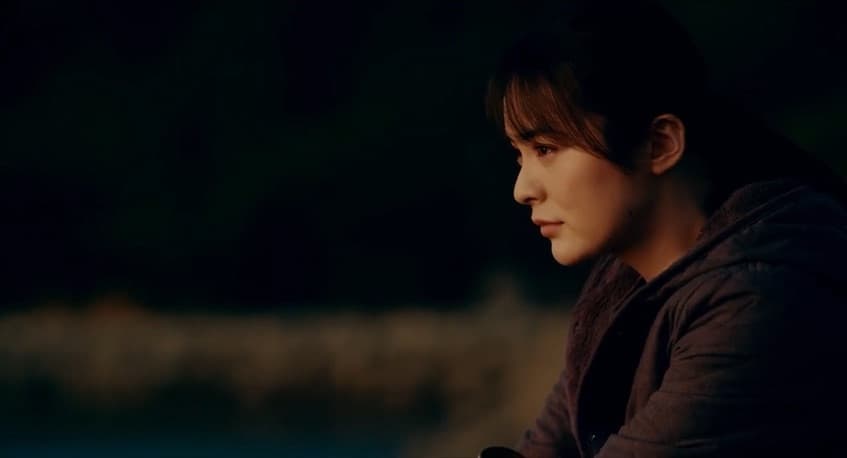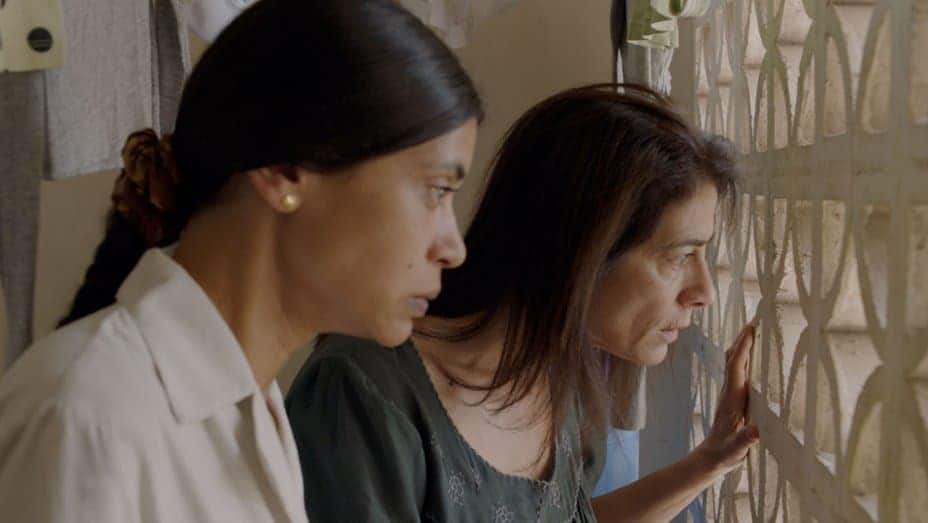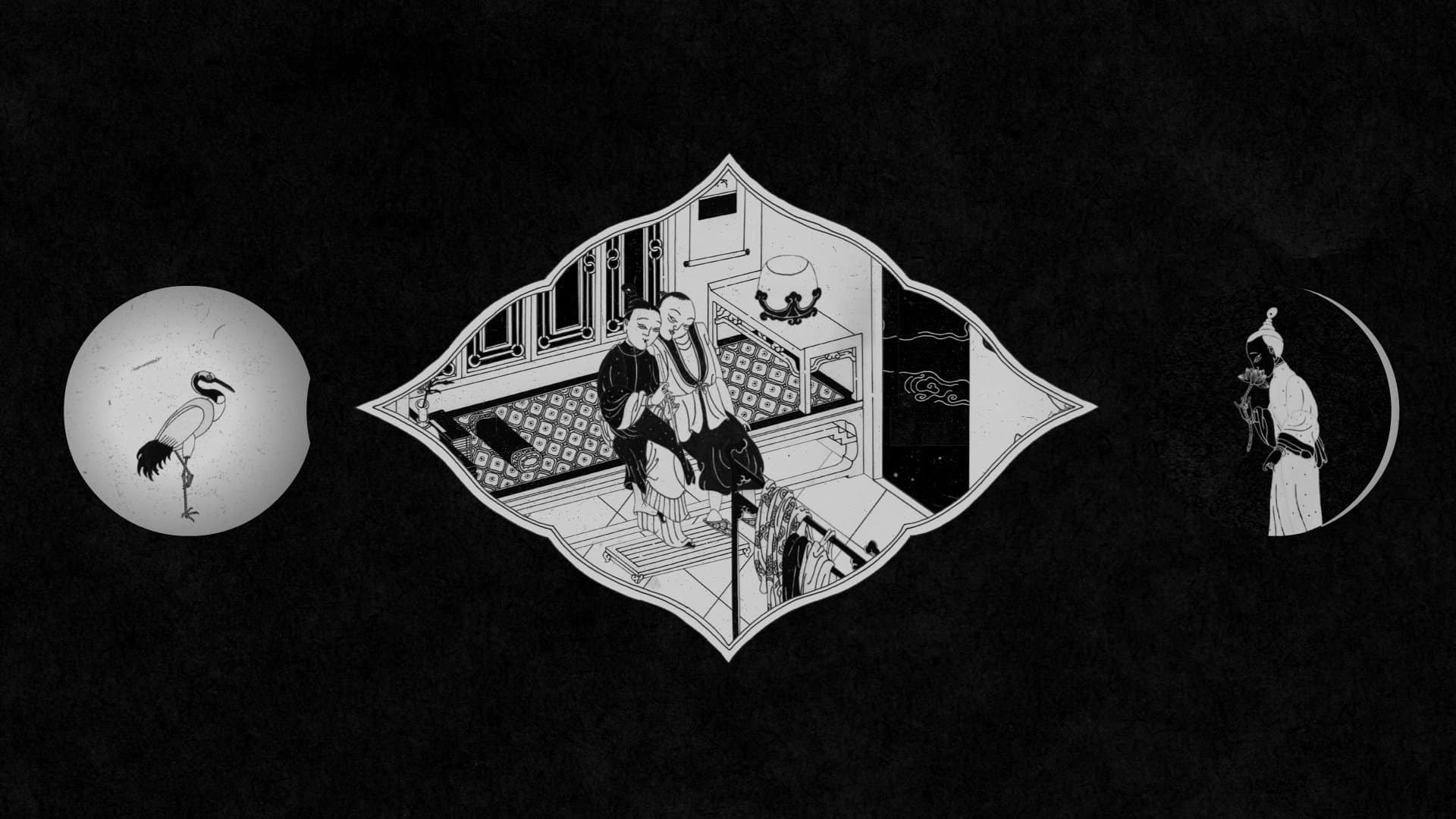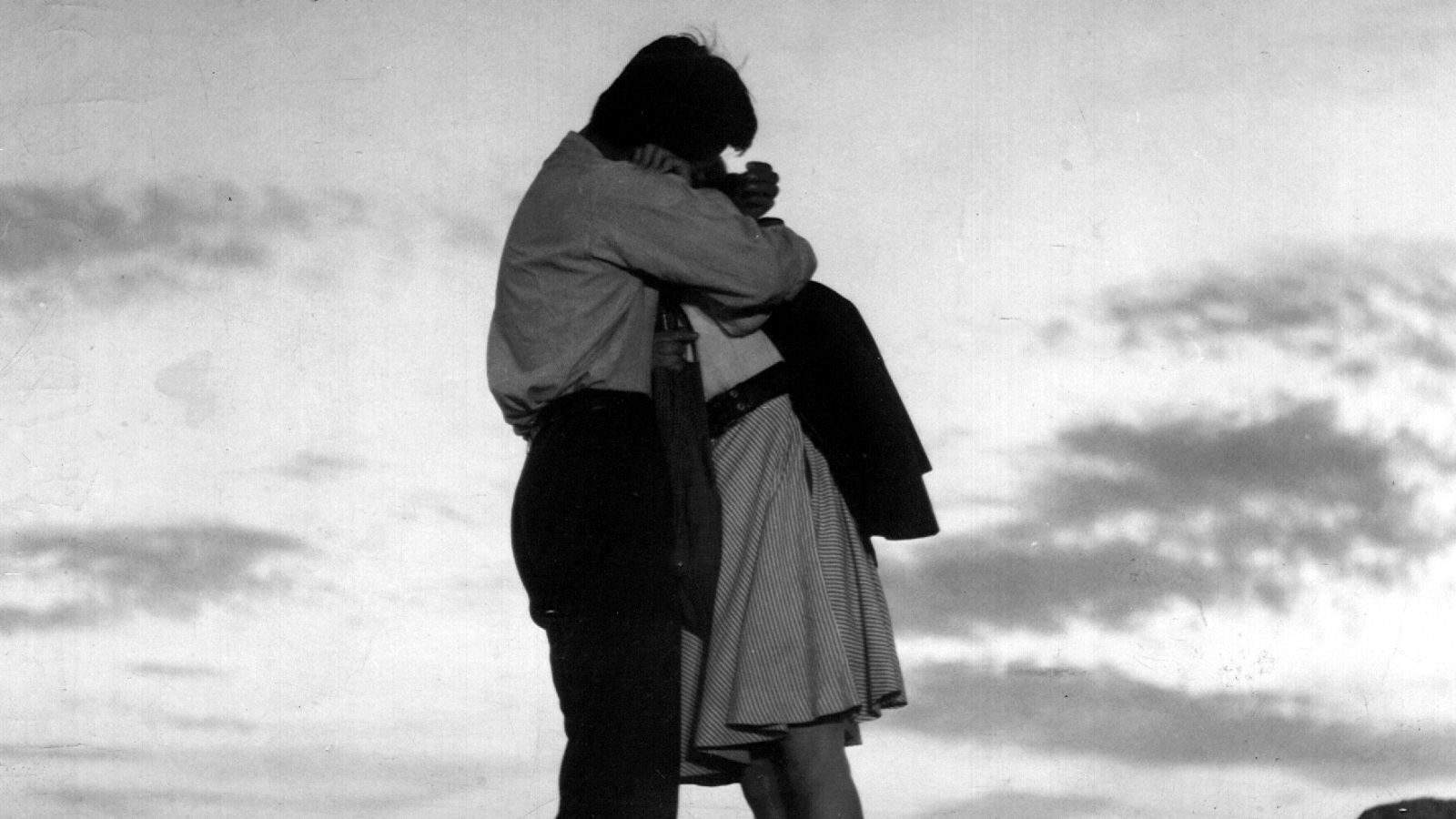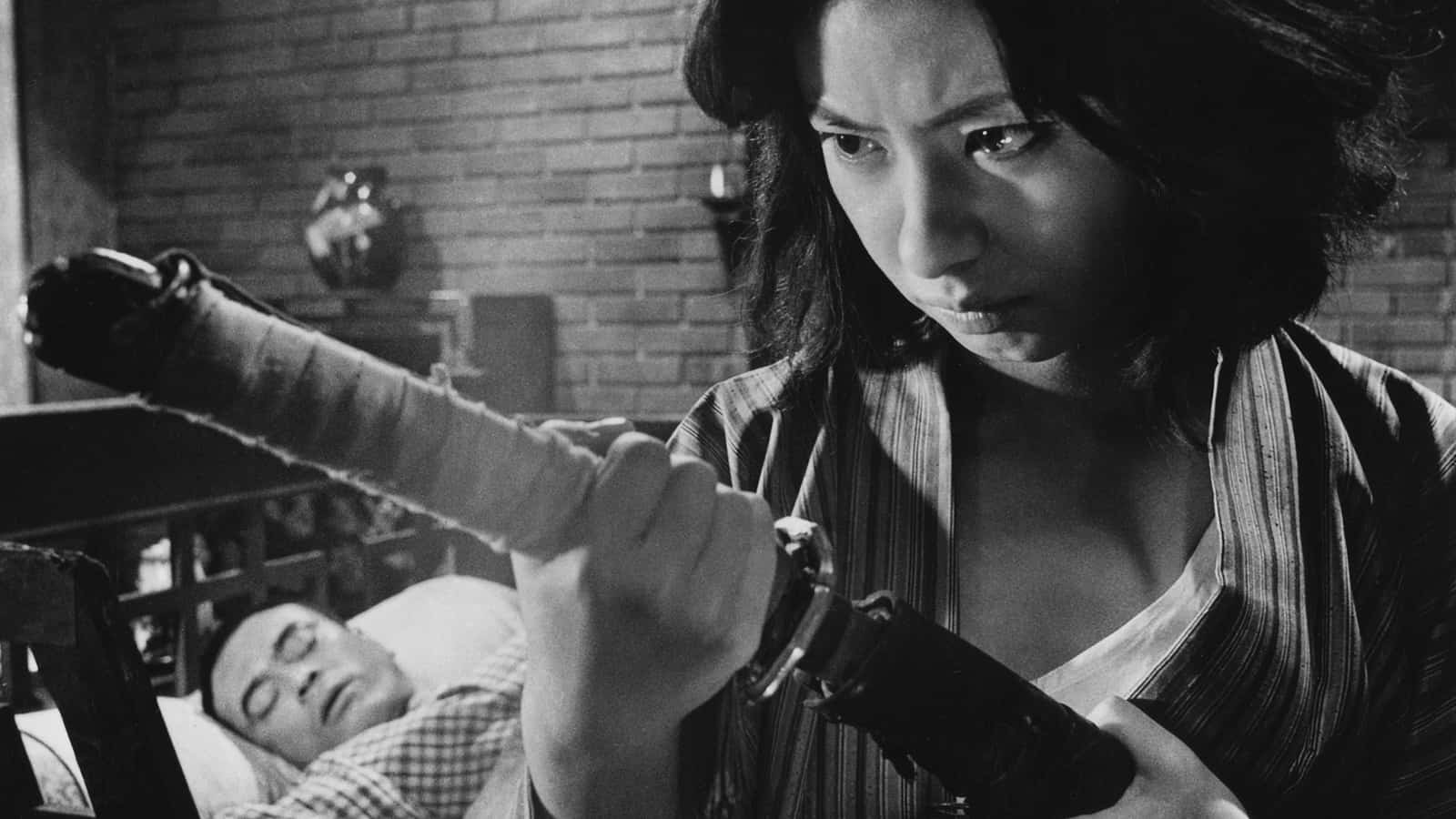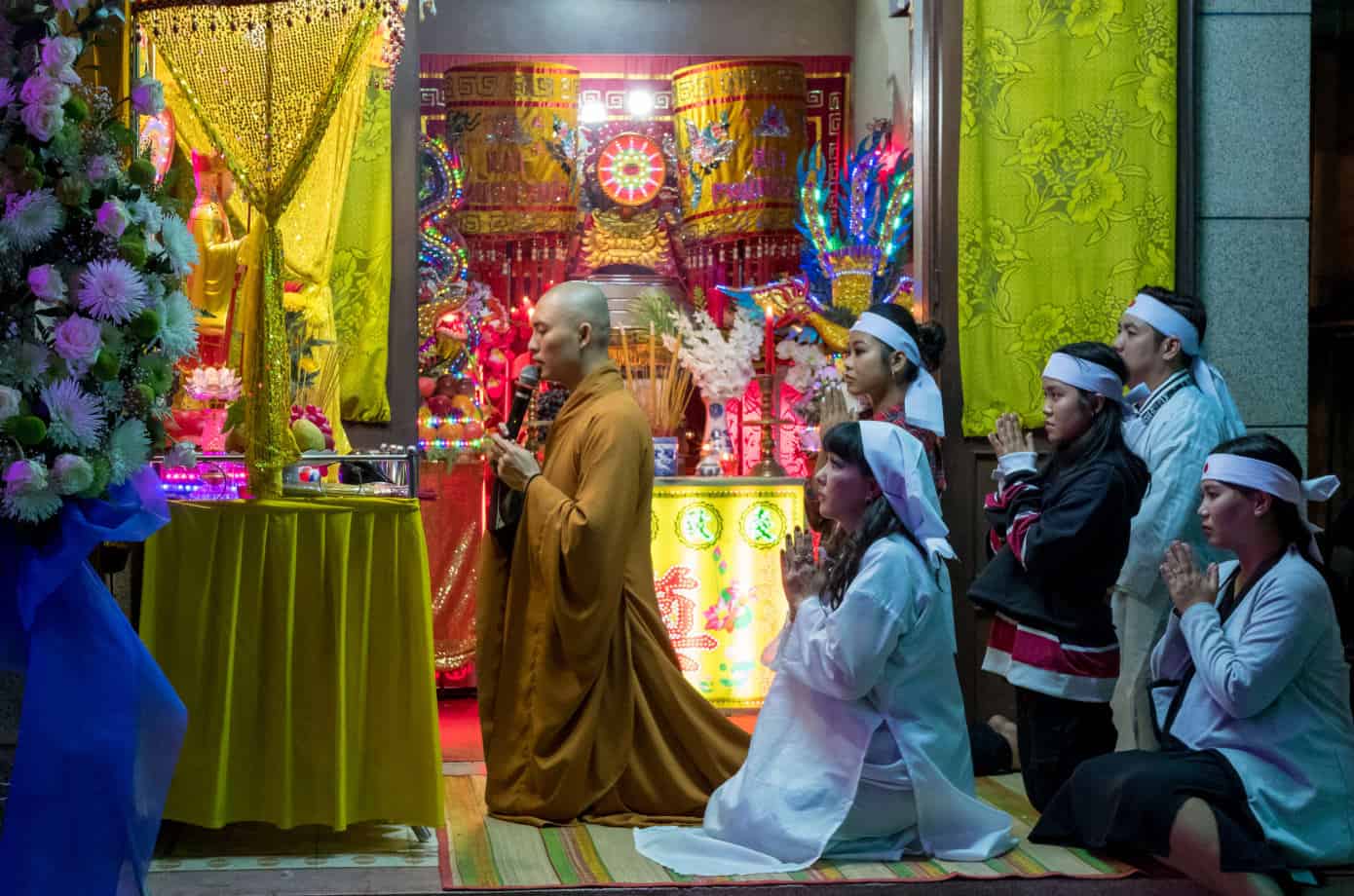Although it might seem the amount of family drama would result in a certain over-saturation of the market, the sub-genres tendency to touch upon issues of personal as well as national identity along with a wide range of social themes, make the family unit one of the most lasting metaphors of our time. Within the last couple of years, international audiences have seen the various facets of said metaphor, for example, in Hirokazu Kore-eda's highly successful “Shoplifters”, which also shed a light to the “invisible” members of our society and their problems. In that regard, Michio Koshikawa's feature “After the Sunset” has to be seen in a similar light, as the story of the film deals with family issues, while its themes of identity may reflect a much wider search for identity and the re-affirmation of the concept of home.
“After the Sunset” is screening at Nippon Connection 2020
In a small coastal town near Nagashima, seven-year-old Towa (Towa Matsubara) lives with his parents, Yuichi (Masaru Nagai) and his mother Satsuki (Maho Yamada). Overall, the family lives a rather normal, unassuming life in the small community with both parents working in the fishing business while Mie (Midori Kiuchi), Towa's grandmother, takes care of their son. When her husband is out at sea or when she is in town, Satsuki frequently chats with Akane (Shihori Kanjiya), who has moved into town from Tokyo about a year ago. The young woman, who works at a café, has been the center of much gossip, especially regarding the still mysterious reasons for her move into the small community and how she is still single.
However, Yuichi and Satsuki are not Towa's real parents and have been trying to adopt him for many years, making him officially their son. On the day they are about to finalize the paperwork, the shocked couple hears how Towa, when he was three years old, was abandoned in an internet café while his mother attempted to commit suicide from a nearby building. Eventually, what is even more shocking is the revelation that his mother is Akane, who, after her probation had ended, has moved into town to be closer to her son.
One of the recurring images of Koshikawa's film is the beautiful sunset and its colors, used rather effectively in the most dramatic and significant moments of the feature. In general, the narration along with Yoshihisa Toda's cinematography takes its time introducing the moments of everyday routine as well as the beauty and happiness of this family idyll surrounding Towa and his foster parents. The sunset, as a moment of calm and tranquility, seems to resemble an almost surreal kind of harmony, one which the characters strive for, but which is also fragile and temporary. It is interesting to see how the meaning of the sunset shifts throughout the film, highlighting the dramatic development that goes along with the various revelations regarding the reality characters like Satsuki thought was infallible.
Similar to this fleeting moment of calm and beauty, the idea of family, as the central theme of the film, becomes the center of longing as well as desperation for the characters. Especially Maho Yamada as Satsuki and Shihori Kanjiya as Akane stand out within an overall quite good ensemble as two women wanting to affirm their idea of family on the one hand, whereas Akane seeks to regain that connection with her son as a means of atonement, a chance to possibly be happy again after an act of weakness she cannot forgive herself. With regard to their motivations, their scenes together are among the most powerful in the film, showing the dilemma of both women torn between fighting for their family, the life they have lived until now and the life they have always dreamed of, but also their empathy for the other character's feelings, their love and their need for an act of mercy.
“After the Sunset” is a powerful family drama by director Michio Koshikawa. Especially with regard to acting and the introduction of his themes as well as the setting, his feature is quite effective and artfully photographed, making “After the Sunset” a more than solid addition to the genre.


